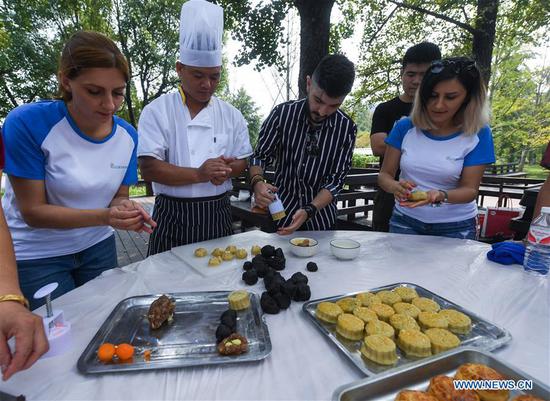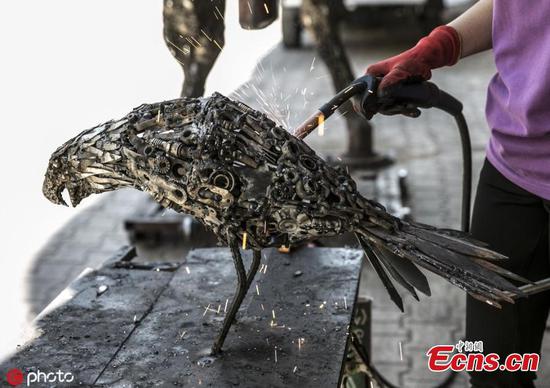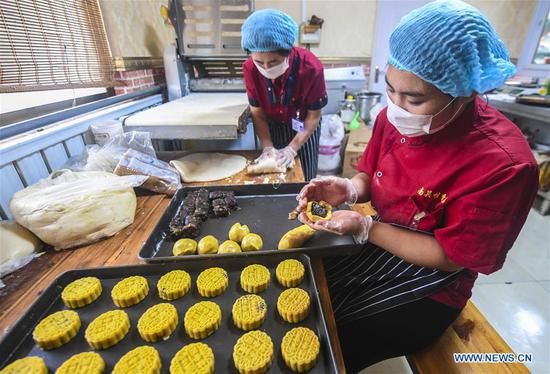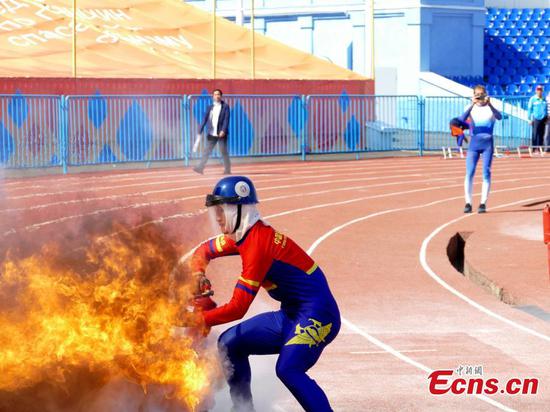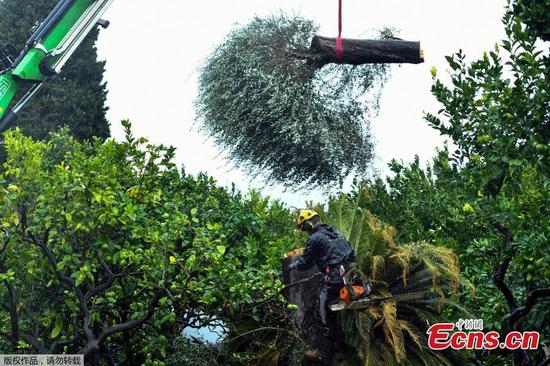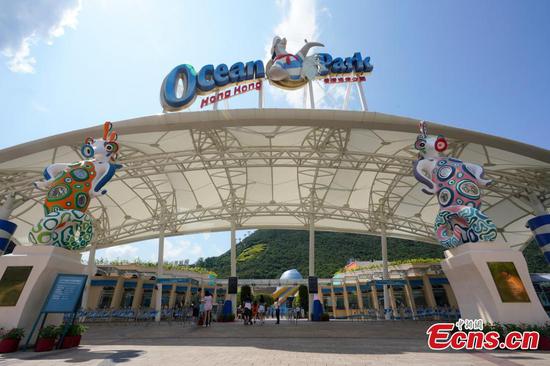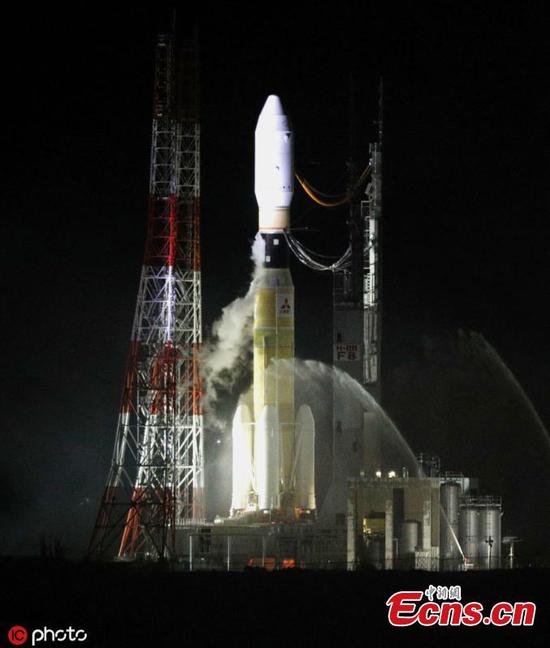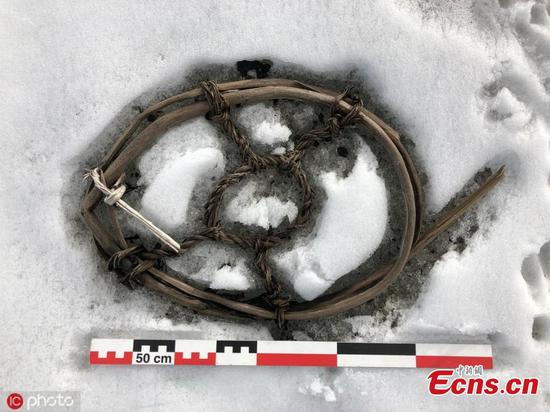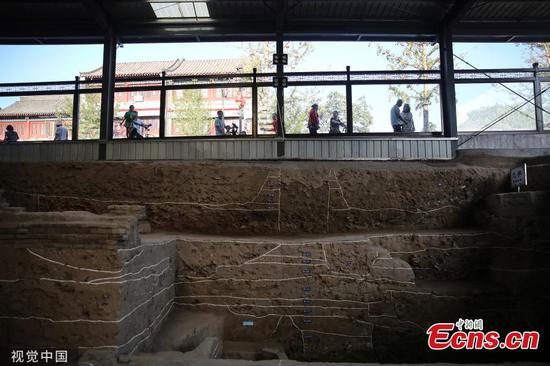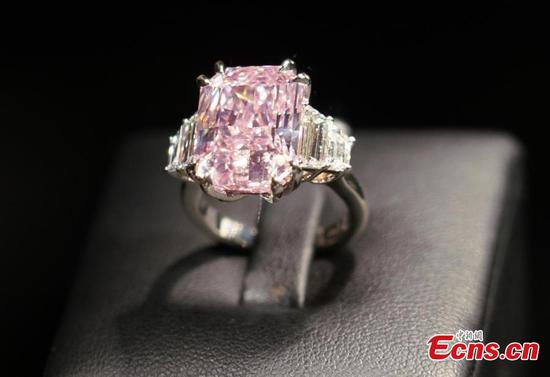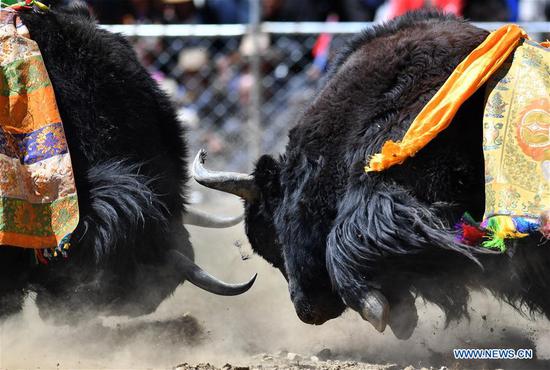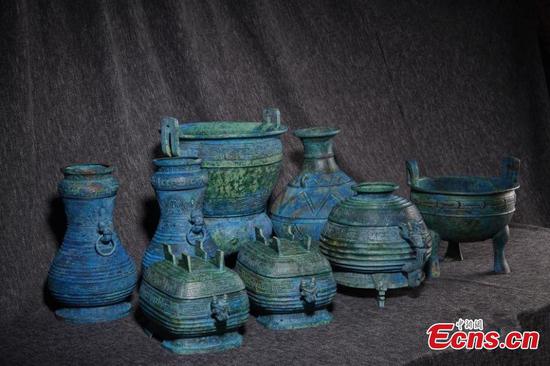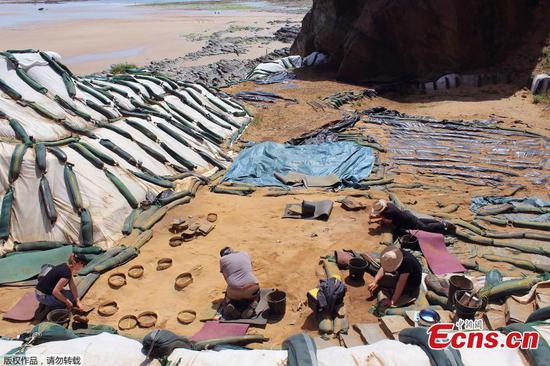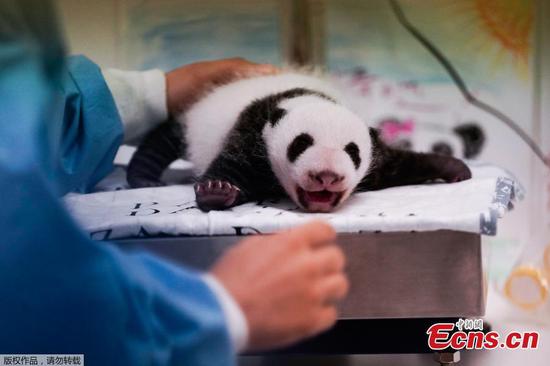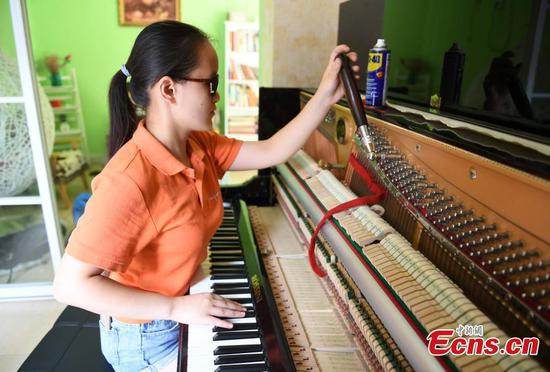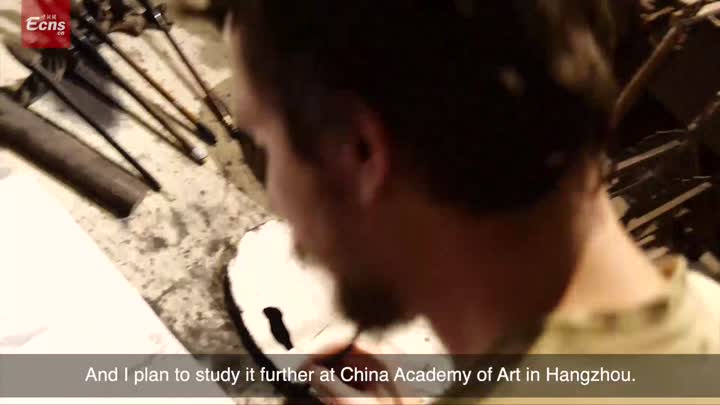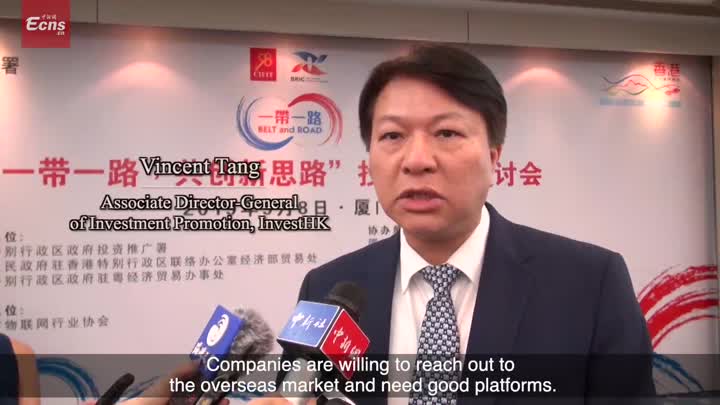Jay Robertson, owner of a Shenzhen-based spirits importing company, signed an agreement with Longyan city of east China's Fujian Province to set up a distillery during the 2019 China International Fair for Investment and Trade (CIFIT).
A U.S.-led multinational company that involves 150 million yuan (about 21 million U.S. dollars) of investment, 9 Rivers Distillery, will be the first wholly foreign-owned distillery in China to craft spirits across all categories, including vodka, gin, rum, and whiskeys.
"Chinese consumers have become well versed in alcoholic beverages, and the fastest-growing category at the moment in China is whiskey," said Robertson. "So it is the perfect time to get on board."
Robertson is one of the more than 100 businesspeople in the delegation led by the American Chamber of Commerce (AmCham) in South China, which attended the CIFIT for the 17th consecutive year.
"The future of U.S. investment in China is bright," said Harley Seyedin, president of the chamber.
The CIFIT, which takes place every September in Xiamen, aims at promoting bilateral and multilateral investment and trade cooperation.
A total of 2,100 cooperation agreements involving an aggregate investment of 559.1 billion yuan have been signed at this year's fair, which concluded Wednesday in Xiamen, east China's Fujian Province.
The four-day event has attracted more than 1,500 enterprise exhibitors from over 40 countries and regions including Serbia, Russia and Japan. More than 100,000 merchants from around the globe visited the fair.
Despite global foreign direct investment (FDI) flows sliding by 13 percent in 2018 from the year before, China bucked the trend, posting a record of 139 billion U.S. dollars of FDI, the United Nations Conference on Trade and Development World Investment Report 2019 said in June.
Foreign firms did not shy away from investing in China with a vast consumer market and an ever-improving business environment.
"Our member enterprises have a very strong consumer base here," Seyedin said. "We certainly don't want to slack our steps."
Although imported spirits are a mere fraction of all alcohol consumed in China, Robertson and his business partners smell tremendous business opportunity as the Chinese consumer market evolves.
"Only 1.3 percent of the total consumption are imported ones, but the tiny slice represents 15 million bottles a year, and it's growing rapidly," Robertson said.
According to a survey released earlier this year by AmCham South China, 46 percent of the 240 respondents consider China as the first choice in their global investment plans.
Johnson and Johnson, one of the first global pharmaceutical companies to enter China, did not slow down to expand, with its JLABS@Shanghai, the world's largest and Asia Pacific's first JLABS, going operational in June. The company's new Ethicon factory is expected to run by year end.
"We are glad to see that China is the engine that drives our global growth," said Will Song, chairman of Johnson and Johnson China.
Vladica Mladenovic, commercial director at Carnex, a leading meat production company in Serbia, posted a sign in Chinese character "looking for business partners" at his exhibition booth.
"We are seeking to expand the global market, and China is an emerging market with strong appeal. We really want to provide products that suit the taste of Chinese consumers," he said.
Mladenovic was with a business delegation led by Rasim Ljajic, Deputy Prime Minister and Minister of Trade, Tourism, and Telecommunications of Serbia.
Serbia, which has participated in the Belt and Road Initiative (BRI), is the Guest Country of Honor of this year's fair.
China's trade with countries and regions participating in the BRI totaled 5.83 trillion yuan for the Jan.-Aug. period, up 9.9 percent year-on-year, 6.3 percentage points higher than the overall pace of the country's foreign trade, according to the General Administration of Customs.
Nu Skin, a U.S.-based developer of skin care products, currently sees half of its dozens of overseas markets along the Belt and Road.
Steve Hatchett, senior VP of Manufacturing and Supply Chain at Nu Skin International, said benefiting from the positive impact of the BRI, Nu Skin has achieved robust growth in the countries along the routes.
"China is the hub in Nu Skin's strategic business layout along the Belt and Road," Hatchett said.
Huang Maoxing, an economist with Fujian Normal University, said that the increasing interconnectivity along the Belt and Road will not only boost China's exports but also support foreign companies' growth globally. Enditem









